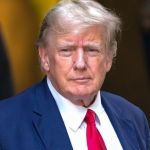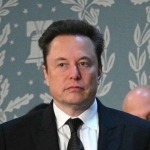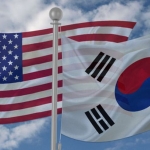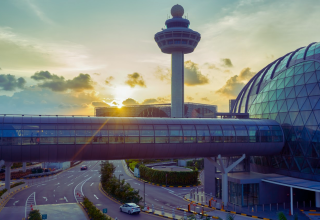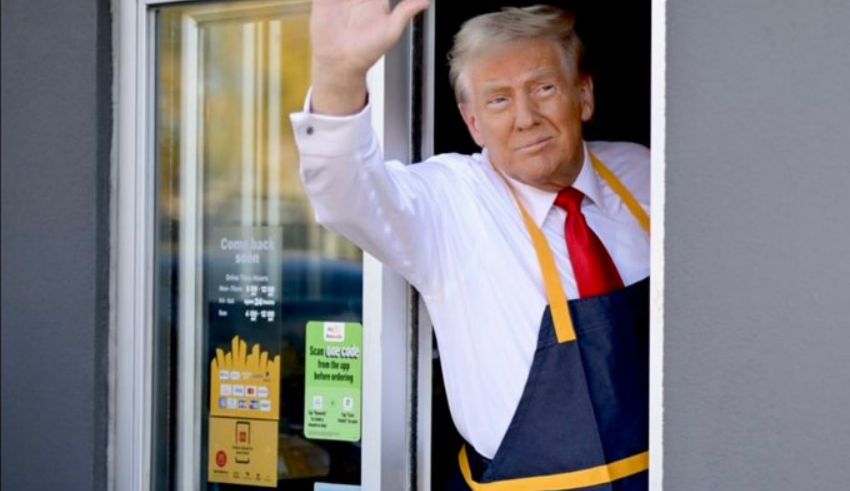
McDonald’s welcomed former President Donald Trump to one of its suburban Philadelphia outlets in an odd occurrence spanning throughout the weekend. The fast-food behemoth made it abundantly clear that it was not supporting any candidate running for the US presidency, despite the well-publicized visit. In an effort to present a more laid-back side of his campaign, Trump participated in staffing the fry station and subsequently answered questions via the drive-through window on Sunday. During the event the restaurant closed to the public.
McDonald’s clarified in an internal note to staff members acquired by The Associated Press on Monday that the visit was started by Derek Giacomantonio, the owner-operator of the particular Pennsylvania facility. McDonald’s management agreed to arrange the event once they found out Trump wanted to visit one of their outlets. Emphasizing one of its fundamental values—”opening its doors to everyone”—the corporation stressed that their choice was based on that as well.
McDonald’s underlined once more their objective of neutrality in political affairs: “McDonald’s does not endorse candidates for public office and that remains true in this race for the next president. We are golden; we are neither red or blue. The firm also disclosed that Governor Tim Walz, the Democratic nominee’s running mate, and Vice President Kamala Harris—the Democratic nominee—have been invited to visit McDonald’s outlets as well. Monday saw the Harris campaign not answer calls for comments.
McDonald’s and the Focus on the Election
McDonald’s has found itself unintentionally in the debate even though it has not tried to be the center of the election. Kamala Harris has often connected to supporters by citing her time working at McDonald’s during her college years. Trump has, however, publicly challenged these assertions, charging Harris of misrepresenting her former employment history.
McDonald’s deftly sidestepped entering the controversy in its employee statement, saying, “We are proud of Harris’s fond memories working under the arches,” and stressing that many Americans had worked at McDonald’s at some point in their life. Emphasizing the common experience people have had with McDonald’s, the firm referenced the well-known figure showing “1 in 8 Americans” has worked at the restaurant.
Mixed Reactions and Social Media Backlash
Particularly on social media, Trump’s presence at McDonald’s generated significant debate since people expressed their disgust with the fast-food company’s choice to invite the former president. Monday morning Google searches for “boycott McDonald’s” showed a little increase; several Twitter users also announced they would not be visiting the business.
Experts in marketing responded on the possible effects for McDonald’s, pointing out the dangers of linking the company with a divisive person like Trump. Professor of marketing Chris Hydock of Tulane University’s Freeman School of Business noted that a corporation runs the danger of alienating consumers when it associates with controversial political personalities. Hydock claims McDonald’s already has great brand recognition, hence there is not much to benefit from such an affiliation. “Trump working at McDonald’s cannot draw more business,” he claimed. “All it can end up doing is angulating some people.”
Keep Reading
Publicity Over Reversal of Policy
Some public relations professionals think McDonald’s might eventually gain from the attention Trump’s visit generates, despite the criticism. President of the public relations company Rosen Group Lori Rosen said that the event’s broad coverage could exceed the unfavorable social media responses. “The coverage and publicity generated from McDonald’s agreeing to have former President Trump working at one of their franchises already surpasses the negative chatter on social media,” Rosen said.
Likewise, Bruce Newman, a Driehaus College of Business faculty member at DePaul University, felt McDonald’s might come out of the event with more brand awareness. Furthermore, Newman said, Trump’s decision to show up in a McDonald’s apron instead of his regular formal wear seemed like an attempt to project a more laid-back, accessible image in opposition to his typical campaign character.
Although Trump’s visit generated debate on the internet, analysts believe McDonald’s is not expected to suffer long-term consequences. For a business of its size, the attention attracted by a presidential candidate—regardless of political affiliation—may improve its profile without appreciably affecting its main clientele.
The Trump Strategy: A Casual Campaign Image
The occasion also illustrates Trump’s continuous attempts to change his image as he negotiates his presidential campaign. Trump’s look, with a McDonald’s apron and interacting with employees, was probably meant to highlight a lighter, more approachable element of his campaign, therefore deflecting the more somber aspects. Long a mainstay of American political campaigns, this kind of retail politics—where candidates interact with common people—has long been present.
In the end, even if McDonald’s might not have expected such political scrutiny, its choice to invite the former president and keep a non-partisan posture fits its dedication to be a brand accessible to all. Whether this action will have any long-lasting effects on the business or the campaign is yet unknown.
